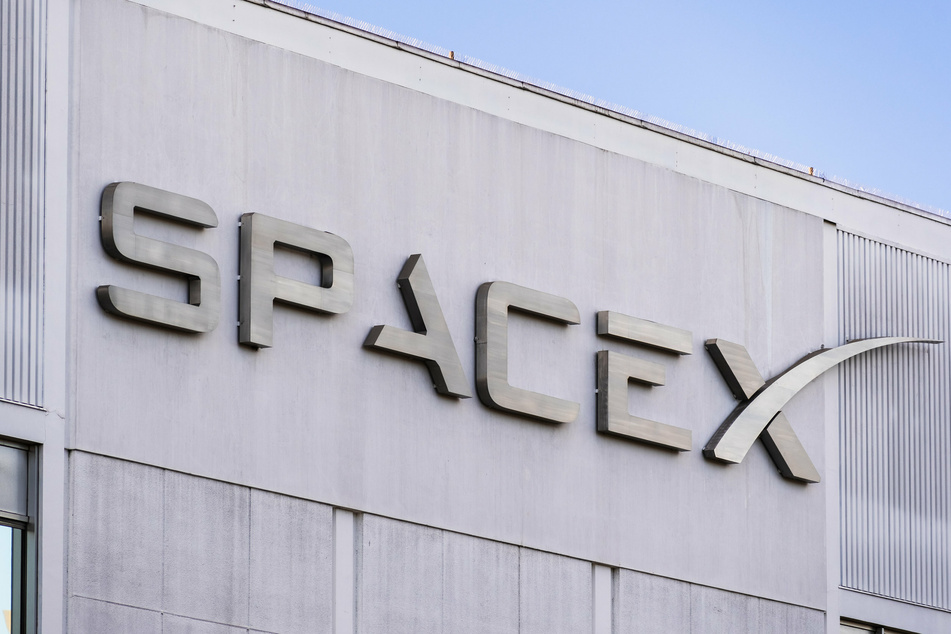SpaceX calls Amazon jealous after Starlink FCC complaints
Los Angeles, California - Amazon has formally complained to the Federal Communications Commission that SpaceX's proposals for Starlink violate current rules. SpaceX's response? Amazon is just jelly.

As reported by ArsTechnica, SpaceX has formally responded to Amazon's complaints to the FCC, urging it to reject the most recent Starlink proposals.
Amazon says that because the proposals offer two very different configurations of Starlink satellites, it's not fair for the FCC to accept them when the current rules require the submissions to be fully finished and "without inconsistencies".
SpaceX responded that Amazon is trying to delay the progress of Starlink because it still hasn't been able to get its own satellite system, called Kuiper Systems, up and running.
A formal response filed with the FCC by SpaceX says that Amazon's complaints are all a part of their plan to "hinder competitors to compensate for Amazon's failure to make progress of its own."
It continued: "Amazon's track record amply demonstrates that as it falls behind competitors, it is more than willing to use regulatory and legal processes to create obstacles designed to delay those competitors from leaving Amazon even further behind."
SpaceX is arguing that granting Amazon's request would harm consumers by preventing them from choosing "faster-moving competition."
Cover photo: 123RF/ unitysphere
